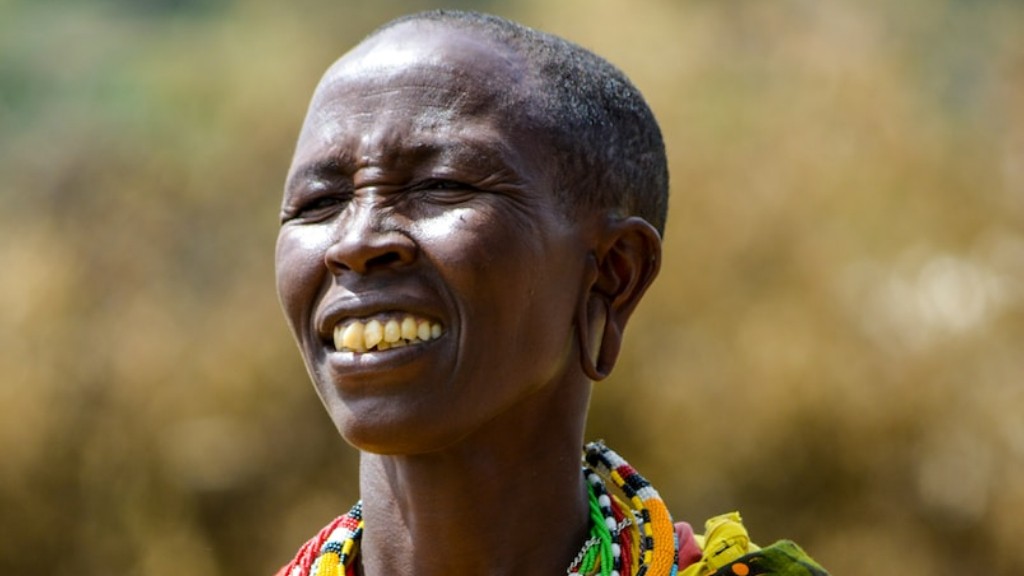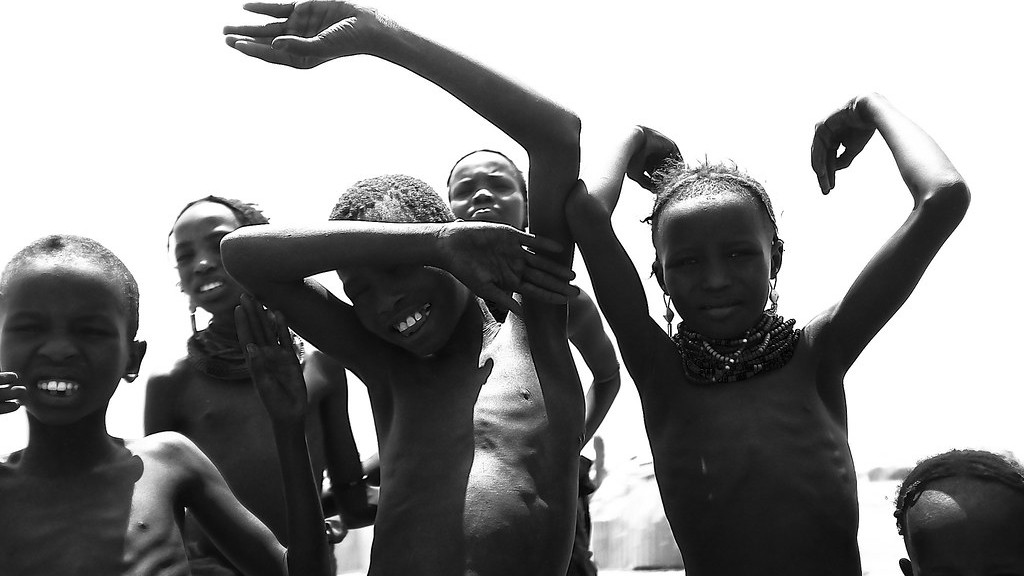African Tribe: Housa and Zerma
Africa, the second-largest continent in the world, is known for its diverse cultures and traditions. Within this rich tapestry, two fascinating tribes, the Housa and Zerma, stand out for their unique practices and way of life.
The Housa tribe primarily resides in Northern Nigeria, making it one of the largest ethnic groups in the country. With a population of over 30 million, the Housa tribe is renowned for its strong sense of community and deep-rooted cultural heritage. The tribe predominantly speaks Hausa, a West Chadic language, and embraces Islam as its main religion.
In contrast, the Zerma tribe is found in Niger, a landlocked country situated in West Africa. Known for their agricultural practices, the Zerma are skilled farmers who rely heavily on the Niger River for sustenance. With a population of around 900,000, the Zerma tribe also follows Islam and is influenced by the Hausa culture.

Both the Housa and Zerma tribes have distinct traditional attire that reflects their cultural identity. The Housa people are recognized for their colorful flowing gowns, known as “baban riga,” embellished with intricate embroidery patterns. On the other hand, the Zerma tribe wears elegant wraparound clothes called “pagne,” which are often dyed with natural pigments.
The tribes’ economic activities differ as well. While the Housa tribe engages in a variety of trades, including agriculture, commerce, and crafts, the Zerma tribe primarily relies on subsistence farming. Their agricultural practices revolve around cultivating crops such as millet, maize, and sorghum. These crops serve as staples in the Zerma diet and are often supplemented with meat, fish, and vegetables.
“The Housa and Zerma tribes symbolize the resilience and cultural dynamism of Africa. Their traditions and values provide valuable insights into the continent’s history and way of life,” says Dr. Fatima Bello, an anthropologist specializing in African studies.
Education and religious beliefs play a vital role in both tribes. The Housa people value education and have a strong emphasis on Islamic education for their children. Many Housa children attend Quranic schools to learn the teachings of the religion. Similarly, the Zerma tribe offers education to its members with a focus on Islamic studies, literacy, and numeracy, often imparted through community schools.
The Importance of Music and Dance
Music and dance are integral to both the Housa and Zerma tribes. In Housa culture, music, known as “wakar,” is a means of communication and storytelling, often accompanied by traditional instruments such as the “kalangu” and “goge.” Zerma music, on the other hand, is characterized by rhythmic drumming and enchanting melodies, with instruments like the “bolon” and “djabara” taking center stage.
The Role of Traditional Leadership
Traditional leadership holds significant importance in both tribes. The Housa tribe follows a hierarchical structure with the “Sarkin Hausawa” or “Emir” serving as the paramount ruler. The Emir acts as the custodian of the tribe’s heritage and resolves inter-community disputes. Similarly, the Zerma tribe has “Chefs de Canton” or “Village Chiefs” who uphold traditional customs, mediate conflicts, and ensure community cohesion.
Challenges and Preservation Efforts
Despite their rich heritage, the Housa and Zerma tribes face various challenges in preserving their cultures. Rapid urbanization, modernization, and globalization pose threats to their traditional ways of life. Efforts are being made by tribal members, cultural organizations, and academia to document and preserve the history, languages, and customs of these tribes.
By celebrating and acknowledging the vibrancy and uniqueness of the Housa and Zerma tribes, we contribute to the appreciation and preservation of Africa’s diverse cultural landscape. Through continued exploration and engagement, we can learn from their wisdom and enrich our own understanding of the world.



